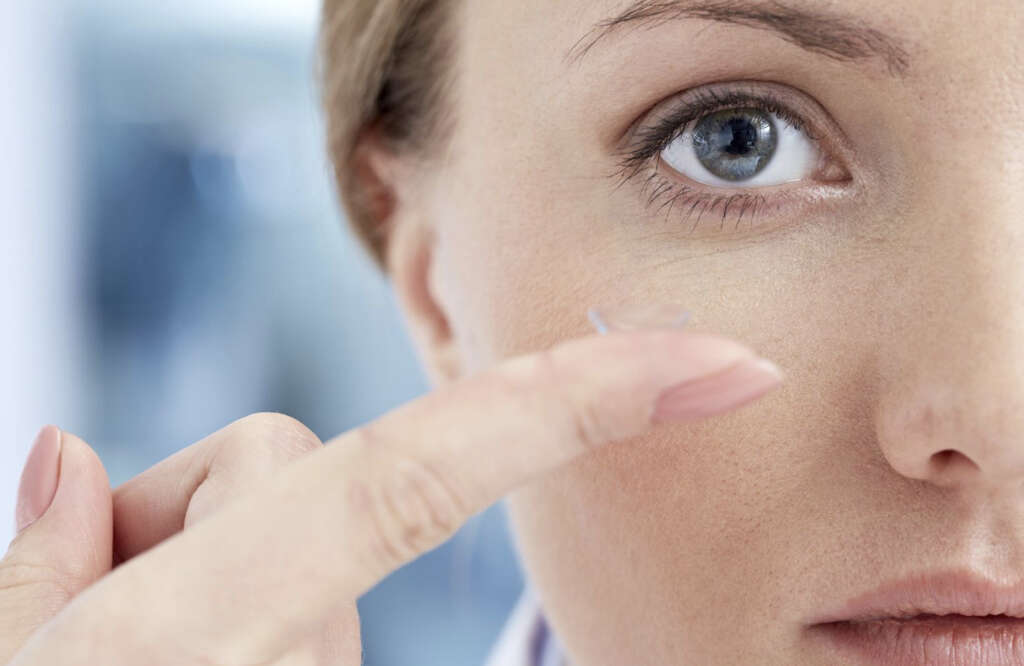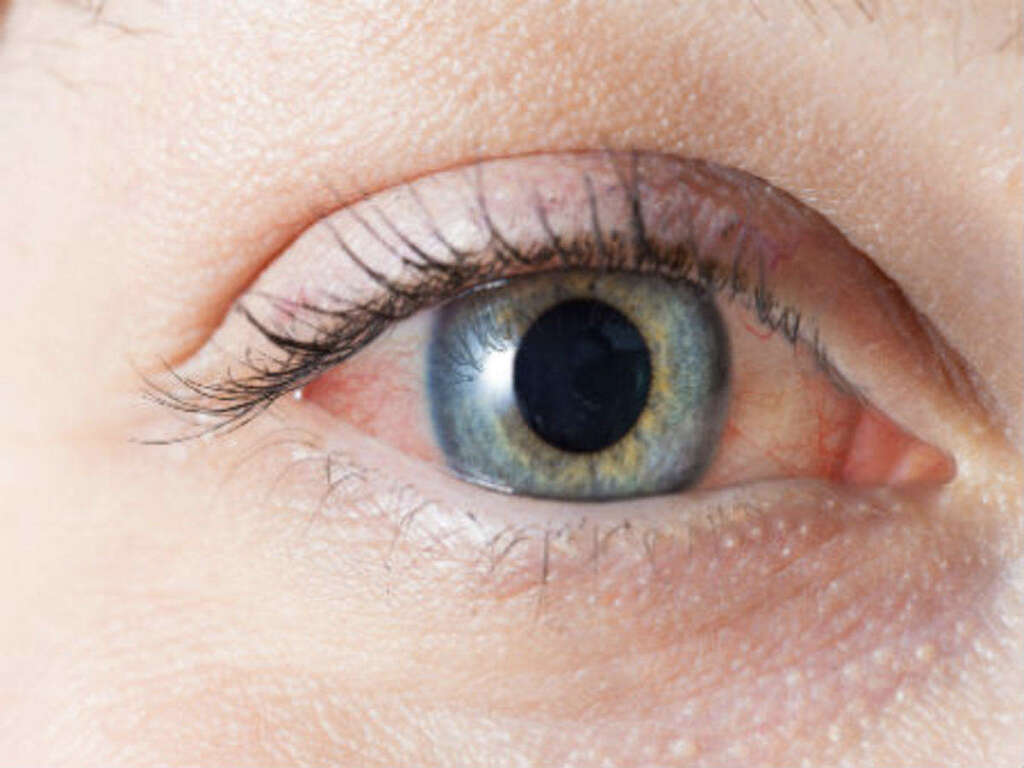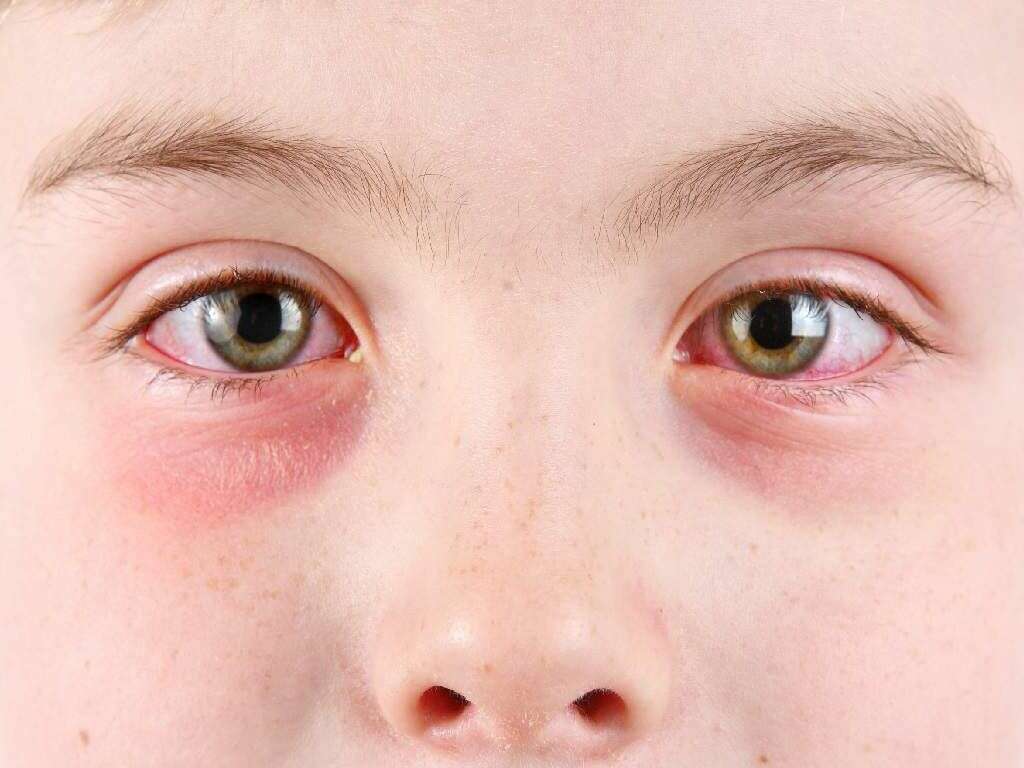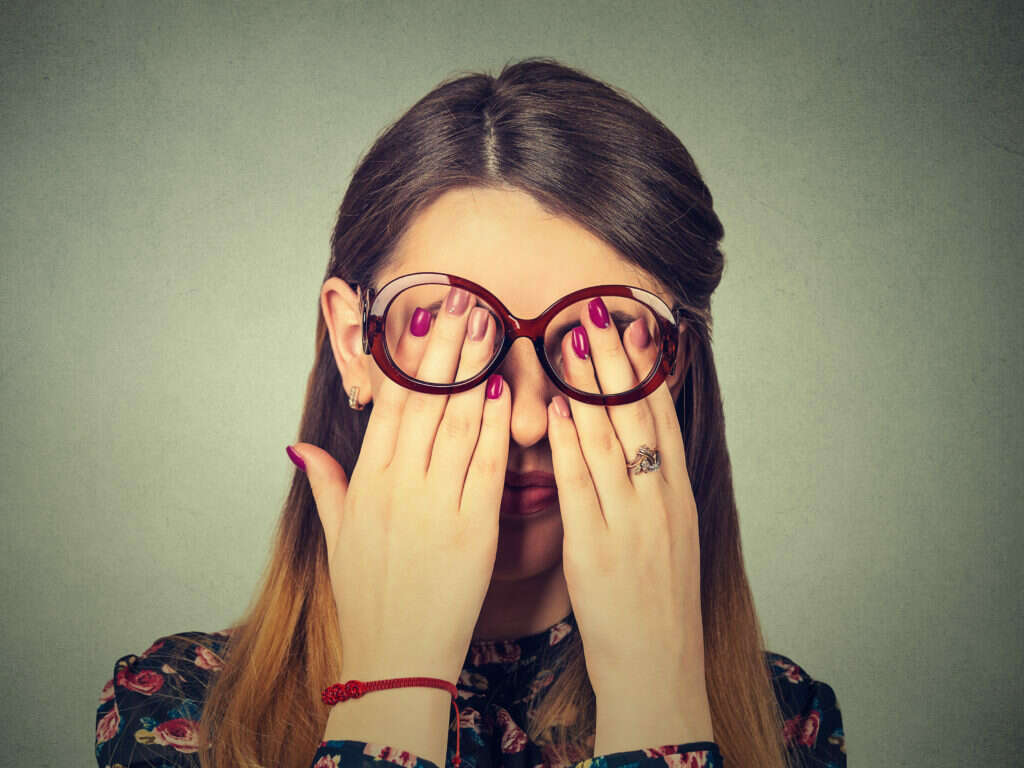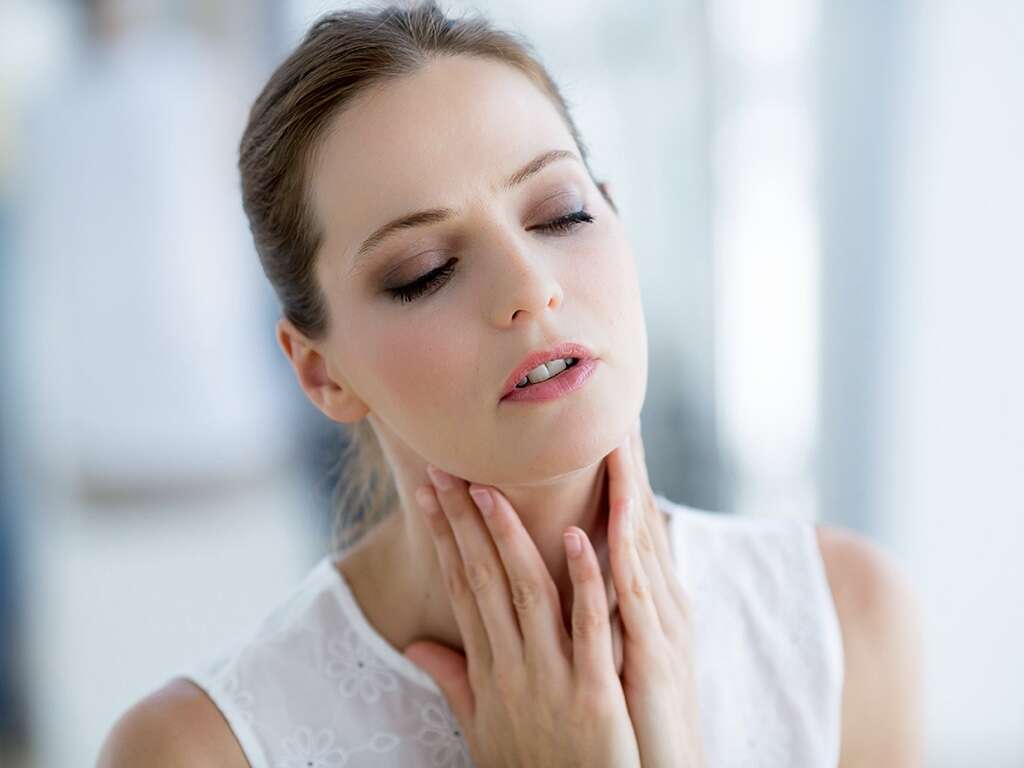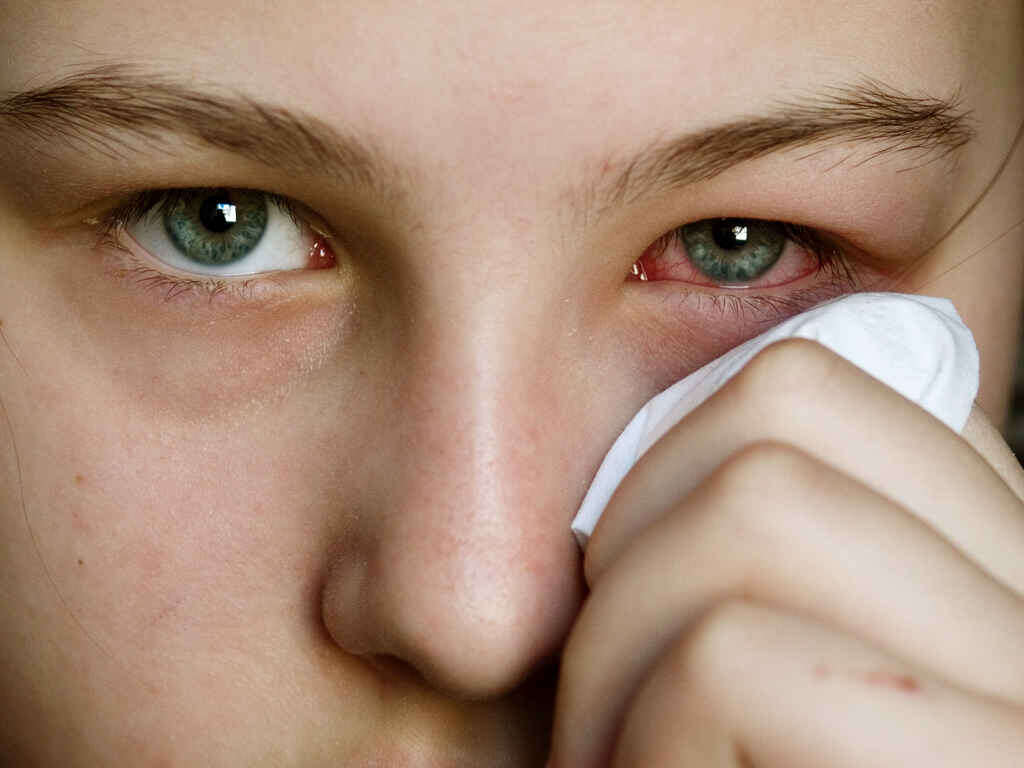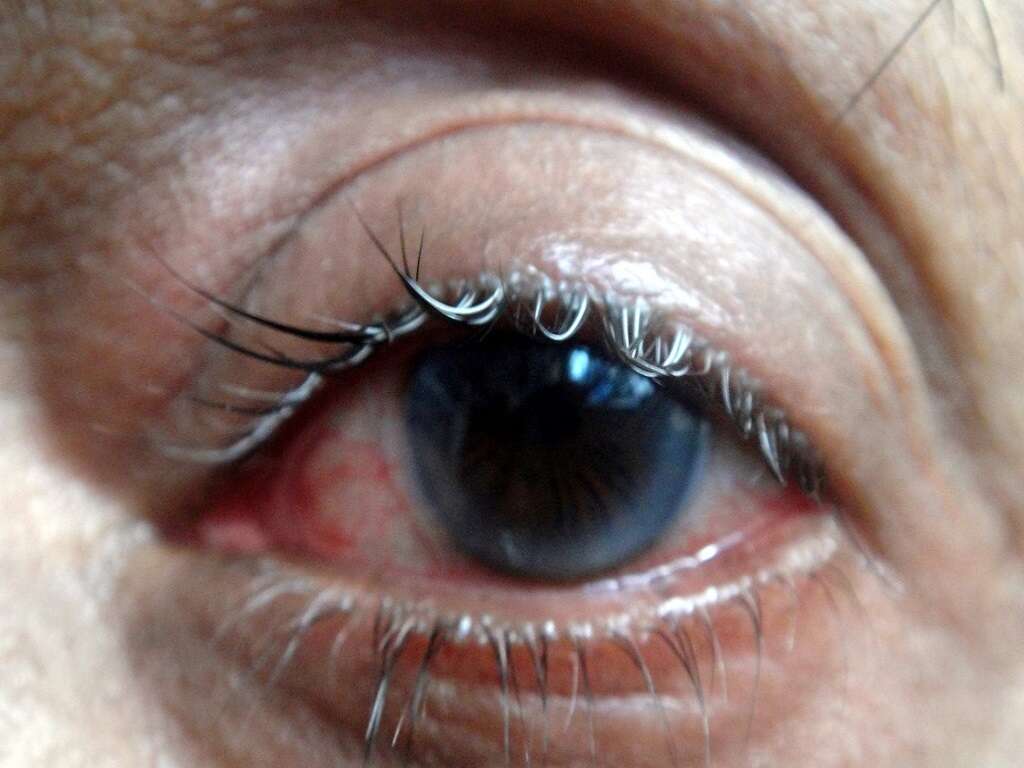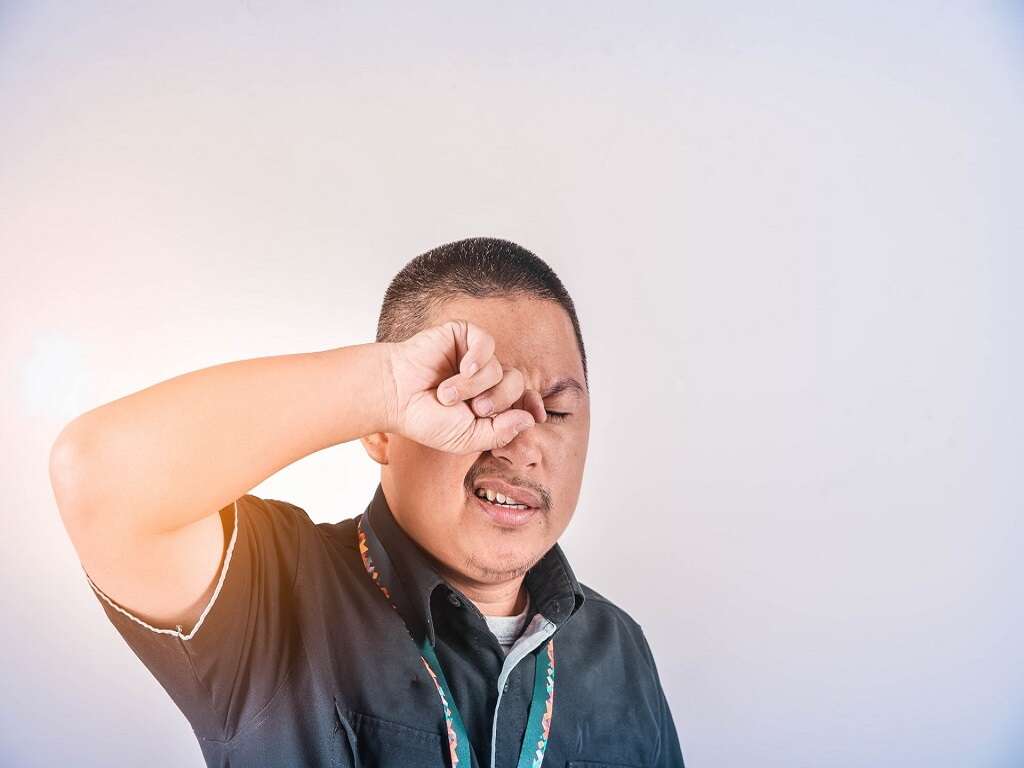What Causes Pink Eye?
 Article Sources
Article Sources
- 1. Contact lenses and pink eye. (2020, November 11). Retrieved November 18, 2020, from https://www.allaboutvision.com/conditions/pink-eye-contacts/
- 2. Miles, K. (n.d.). Blocked tear ducts in babies. Retrieved November 18, 2020, from https://www.babycenter.com/0_blocked-tear-ducts-in-babies_10403185.bc
- 3. Pink eye (conjunctivitis). (2020, June 16). Retrieved November 18, 2020, from https://www.mayoclinic.org/diseases-conditions/pink-eye/symptoms-causes/syc-20376355
- 4. Pollen allergy: Types, treatments, and home remedies. (n.d.). Retrieved November 18, 2020, from https://www.medicalnewstoday.com/articles/322256
- 5. Schroeder, M. (2020, January 21). What's the Difference Between Viral and Bacterial Pinkeye? Retrieved November 18, 2020, from https://health.usnews.com/conditions/eye-disease/conjunctivitis/articles/viral-vs-bacterial-conjunctivitis
5. Contact Lenses
Regular contact lens wearers may experience pink eye more often than someone who wears only eyeglasses or does not need vision correction. One reason for this is that contact lenses may become infected with bacteria or viruses if not properly maintained.
Some people who wear contact lenses, specifically soft lenses, may experience giant papillary conjunctivitis. This is caused by continuous irritation of the eyelids, which can be worsened by any dirt that gets into the lens. Periodically wearing eyeglasses or switching to rigid gas-permeable can help relieve GPC.1Contact lenses and pink eye. (2020, November 11). Retrieved November 18, 2020, from https://www.allaboutvision.com/conditions/pink-eye-contacts/
Advertisement
